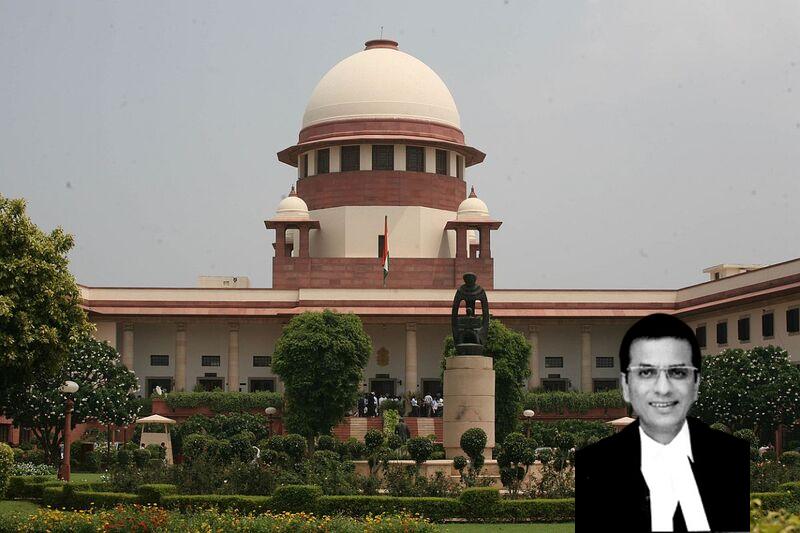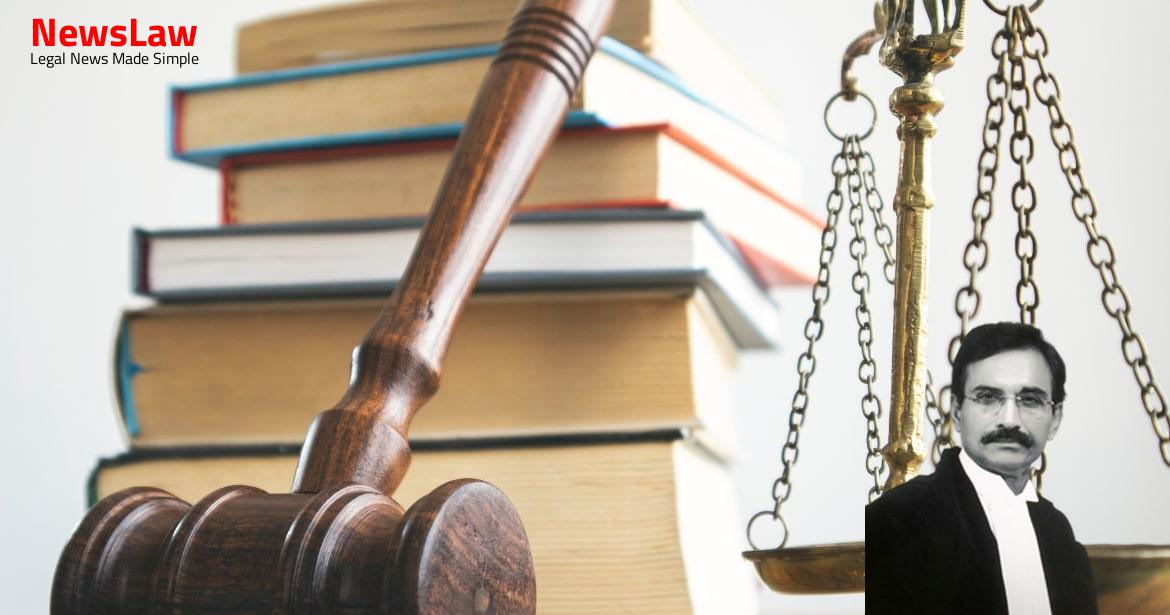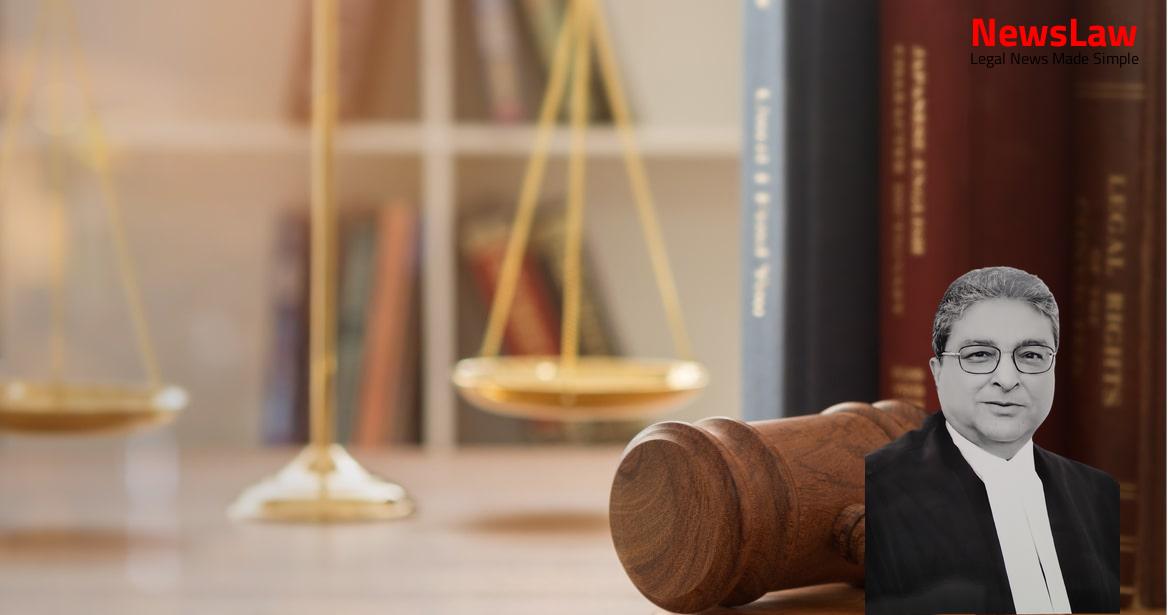Leave granted in SLP (C) No _____ @ Diary No 4647 of 2018, SLP(C) No 11204 of 2023 and SLP (C) No _____ @ Diary No 15333 of 2023. 3369 of 2019, Civil Appeal No 2256 of 2018 and the appeals arising out of SLP (C) Diary No 4647 of 2018, SLP(C) No 11204 of 2023 and SLP (C) @ Diary No. Thereafter, the Principal Commissioner of Income Tax (for short, ‘PCIT’) issued a show cause notice under Section 263 of the Act on the ground that the reliance placed on Article 25(4) of DTAA was erroneous in this case and no tax credit was due to the assessee under Section 90 of the Act. The order passed by the ITAT was challenged before the Delhi High Court by preferring an Income Tax Appeal, which has been dismissed by the High Court by the impugned judgment holding that as per the relevant terms of the DTAA between India and Oman, the assessee is entitled to claim the tax credit, which has been rightly allowed by the Assessing Officer.
Dattar, learned senior counsel appearing for the assessee would contend that the provisions of DTAA fully exempt the assessee from payment of tax on dividend in Oman which, in turn, would exempt the 5 assessee from taxation in India. If the enterprise carries on business as aforesaid, the profits of the enterprise may be taxed in the other Contracting State but only so much of them as is 6 attributable directly or indirectly to that Permanent Establishment.” Article 11 deals with dividends, which reads as follows: “ARTICLE 11 DIVIDENDS 1. However, such dividends may also be taxed in the Contracting State of which the company paying the dividends is a resident and according to the laws of the State, but if the recipient is the beneficial owner of the dividends, the tax so charged shall not exceed: (a) 10 per cent of the gross amount of the dividends if the beneficial owner is a company which owns at least 10 per cent of the shares of the company paying the dividends; (b) 1212 per cent of the gross amount of the dividends in all other cases. Where a company which is a resident of a Contracting State derives profits or income from the other Contracting State, that other Contracting State may not impose any tax on the dividends paid by the company except insofar as such dividends are paid to a resident of that other Contracting State or insofar as the holding in respect of which the dividends are paid is effectively connected with a permanent establishment or a fixed base situated in that other Contracting State, nor subject the company’s undistributed profits to a tax on the company’s undistributed profits, even if the dividends paid or the undistributed profits consist wholly or partly of profits or income arising in such other Contracting State.” The significant provision concerning avoidance of double taxation is contained in Article 25, which is re-produced hereinunder: “ 25. 8 (3) Where a resident of the Sultanate of Oman derives income which, in accordance with the provisio0ns of this Agreement, may be taxed in India, the Sultanate of Oman shall allow as a deduction from the tax on the Income of the resident an amount equal to the income tax paid in India, whether directly or by deduction. (5) Income which, in accordance with the provisions of this Agreement, is not to be subjected to tax in a Contracting State, may be taken into account for calculating the rate of tax to be imposed in that Contracting State.” The provisions contained in Omani Tax Laws, relied upon by the assessee read as follows: “ Article 8 (bis) – In exception to the provisions of Article 8 of this law, tax shall not apply on the following: 1. Article 25 (4) clarifies that the tax payable in a Contracting State mentioned in clause 2 and clause 3 of the said Article shall be deemed to include the tax which would have been payable but for the tax incentive granted under the laws of the Contracting State and which are designed to promote development. The clarification letter dated 10 11.12.2000 addressed by the Secretary General for Taxation, Sultanate of Oman, Ministry of Finance, Muscat to Oman Oil Company SAOC is significant, and reads as follows: “We refer to your letter dated 2 December, 2000 and our previous letter dated 8 August, 2000 on the above subject. As a result, investors in tax exempt companies that undertake those activities considered essential for the country’s economic development suffered a tax cost on their return on investments the tax treatment under the above- mentioned Article 5 had the negative impact on investments in tax exempt project. On the above, we confirm that tax would be payable on dividend income earned by the Permanent Establishments of the Indian Investors, as it would form part of their gross income under Article 8, if not for the tax exemption provided under Article 8 (bis). Since the assessee has invested in the project by setting up a permanent establishment in Oman, as the JV is registered as a separate company under the Omani laws, it is aiding to promote economic development within Oman and achieve the object of Article 8 (bis). A plain reading of Article 8 and Article 8 (bis) would manifest that under Article 8, dividend is taxable, whereas, Article 8(bis) exempts dividend received by a company from its ownership of shares, portions, or shareholding in the share capital in any other company. There is no reason as to why all of a sudden, the assessee’s establishment in Oman would not be treated as PE when for about 10 years it was so treated, and tax exemption was granted basing upon the provisions contained in Article 25 read with Article 8 (bis) of the Omani Tax Laws.
In our considered view, the appellant has not been able to demonstrate as to why the provisions contained in Article 25 of DTAA and Article 8 (bis) of the Omani Tax Laws would not be applicable and, consequently, we hold that the appeals have no substance and deserve to be dismissed which are hereby dismissed.



